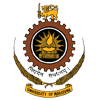|
From Airport to Aerotropolis |
|
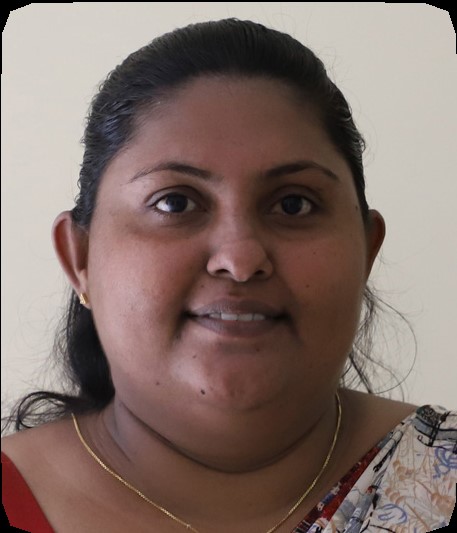 |
In 2019, ten million travelers passed through the Bandaranaike International Airport (BIA), though its capacity is only 6.5 million. A travel hub can bring an influx of foreign exchange through attractive product and service offerings. Travelers favour airports that offer a better experience in travel planning. Anuja’s quest was on transforming smaller airports such as the BIA to Aerotropolises. More >> |
|
Spouted bed drying of black pepper |
|
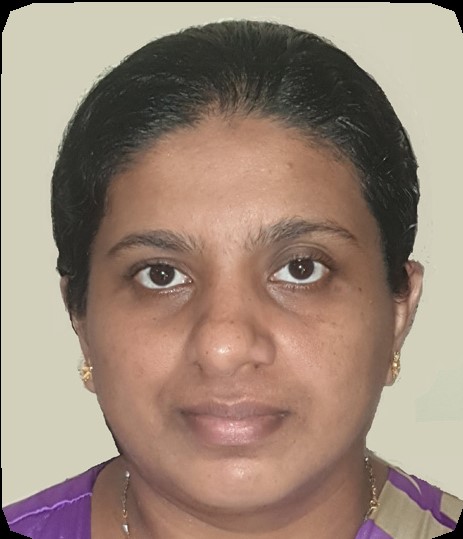 |
Dried black pepper makes up one third of the world spice trade. Sri Lanka is a major producer of pepper, exporting about 10,000 MT annually. With its pungent aroma and medicinal properties, pepper adds value to the food, pharmaceutical and cosmetic industries. More >> |
|
Transforming disabilities to residual abilities |
|
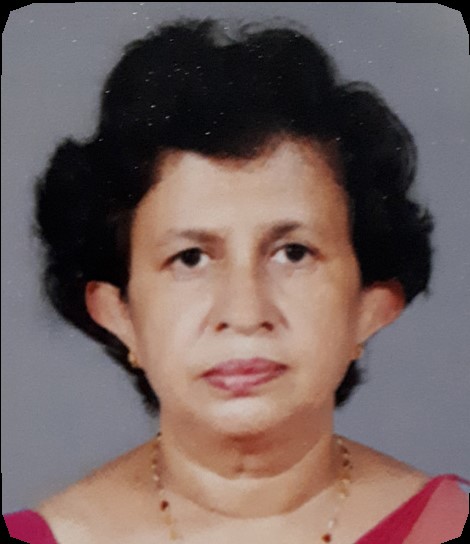 |
People with Physical Disabilities (PPDs) can contribute to economic growth if their physical capabilities are correctly identified. However, employers as well as PPDs themselves find it difficult to do so. Kokila’s solution to this is a residual capability analysis tool to help potential employers evaluate the suitability of PPDs for employment. More >> |
|
Efficient and clean energy from local firewood |
|
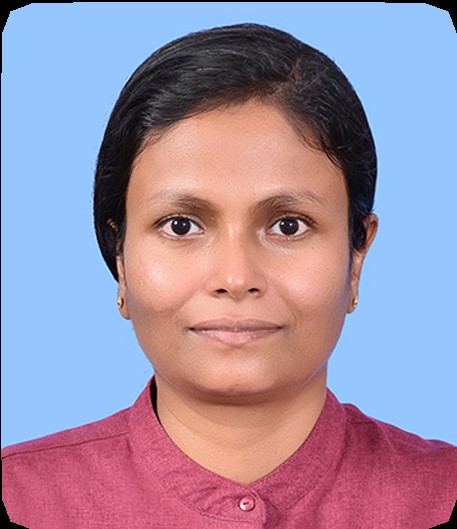
|
Fuel wood accounts for the largest share in the industrial energy usage in Sri Lanka, supporting the tea, brick and tile industries. Biomass, despite being renewable and environmentally friendly, does not guarantee efficient and clean combustion. For example, in the tea industry, the thermal efficiency of a wood furnace is about 50%. More >> |
|
Better curing of concrete |
|
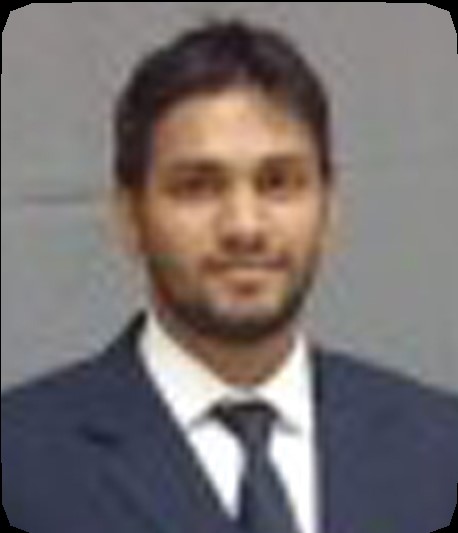 |
Concrete requires two weeks of curing. During this time, adequate moisture must be maintained on the concrete surface, to develop its strength. This process increases construction time and may result in early age cracks which affect the durability and strength. Internal curing which maintains water reservoirs in lightweight porous aggregates within the concrete is a better process, though less understood. More>> |
|
Experimenting with human-like artificial intelligence |
|
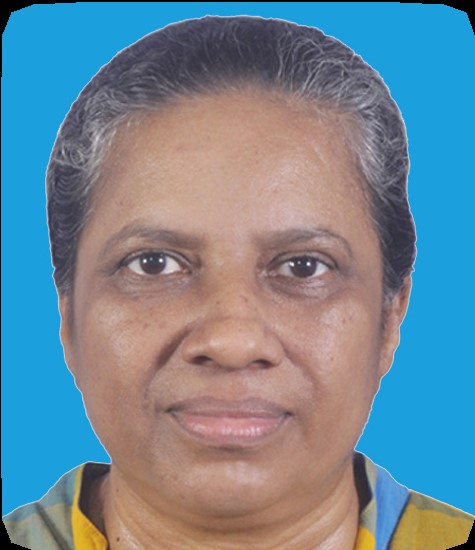 |
Humans, with our sophisticated Neocortex, are known to have a six-layer neural network to perform complex brain functions. Artificial Neural Networks (ANNs) are devised to closely replicate the problem-solving abilities of the human brain. More >> |
|
A paradigm shift in computing with the Buddhist Theory of Mind (BTM) |
|
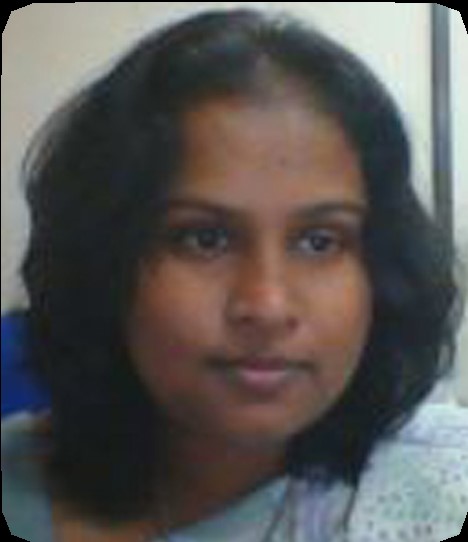 |
The most cited natural computing model is the human mind, which is capable of providing better solutions to the same problem using previously gained knowledge and skills. i.e., repeated processing improves speed and quality of the solution. According to the BTM, this is because memory is formed as a continuous process. In contrast, in the Von Neumann Architecture (VNA) on which general purpose computers are based on, memory is separate from processing. More >> |
|
Filling a gap in the rubber industry |
|
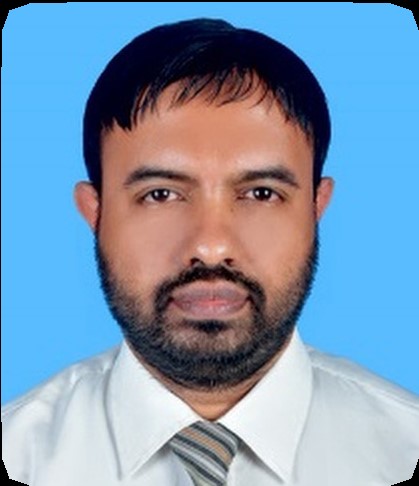 |
Sri Lanka recorded rubber products exports worth US$ 855M in 2017. The annual gross turnover of the Sri Lankan rubber industry is estimated at approximately US$ 1 billion. Our world-acclaimed natural rubber (NR) products include solid tires and surgical gloves. More >> |
|
English to Sinhala machine translation with Multi-Agent technology |
|
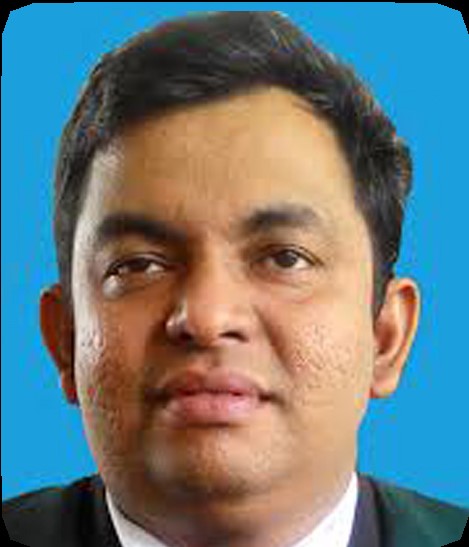 |
Natural languages are complex, and differ from language to language. This makes automated language translation challenging. There is always a quality gap between human translation and machine translation (MT). More >> |
|
Assessment of the National Innovation System of Sri Lanka |
|
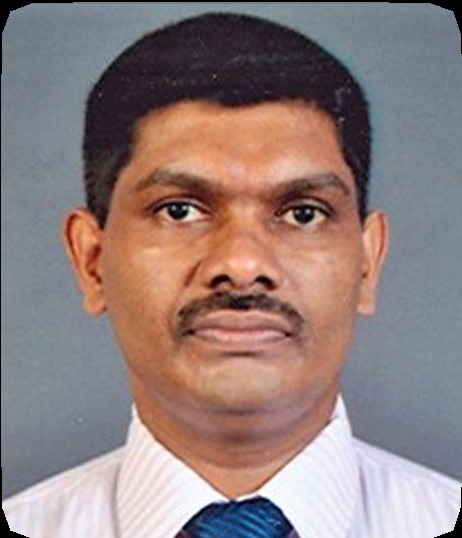 |
Innovation is not always accidental. Systematic, formal mechanisms in a conducive system are needed to energize and diffuse innovation for economic development. Rukmal identifies key actors of a National Innovation System (NIS) as universities, industry and the government. More >> |
|
A new model for weekly rainfall |
|
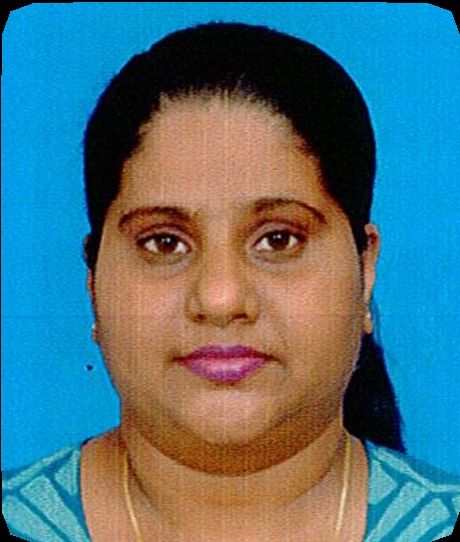 |
South Asian countries fall victim to extreme whether events often. High population density, poverty and lack of resources for recovery aggravate the situation. Research shows that over the last 30-40 years, prediction of short term rainfall, particularly weekly rainfall has been difficult due to erratic variability and high volatility. More >> |
